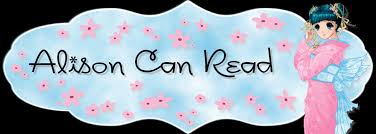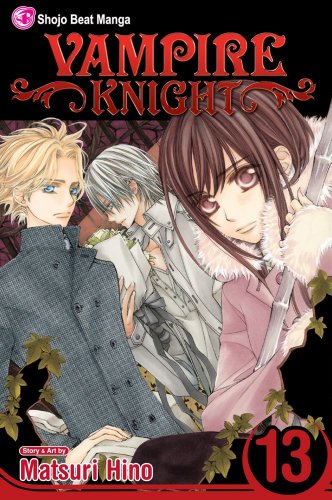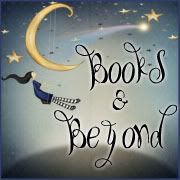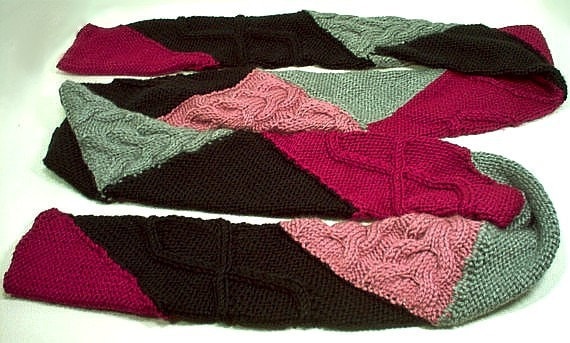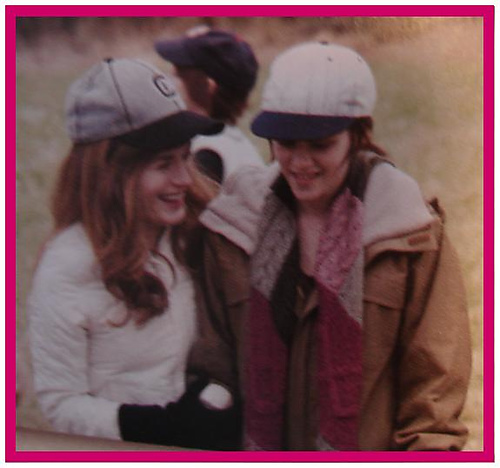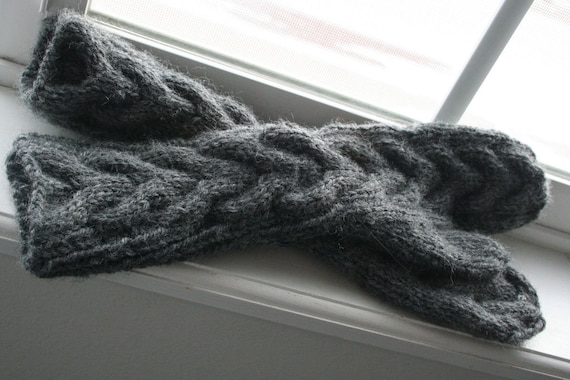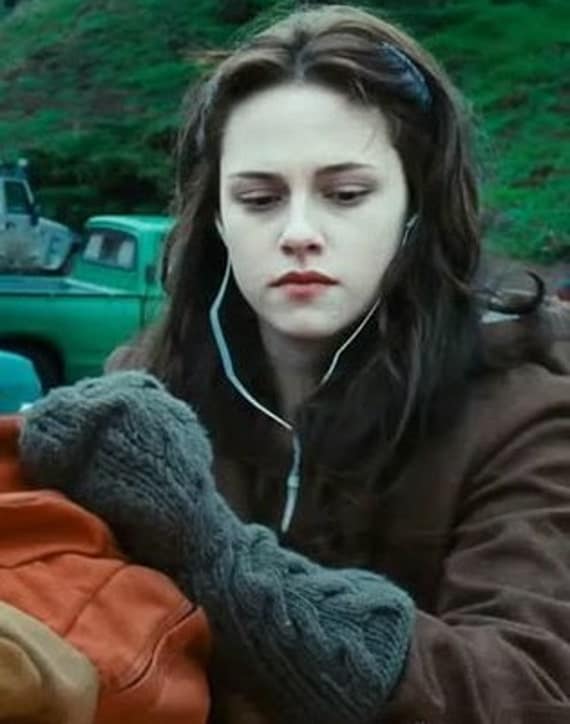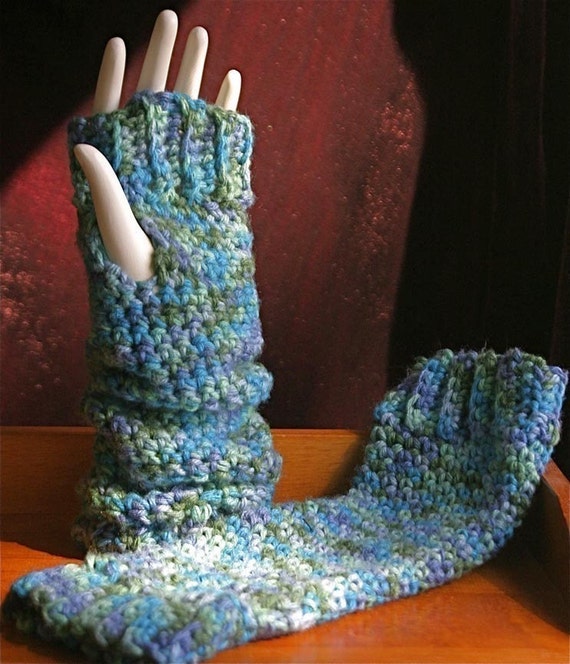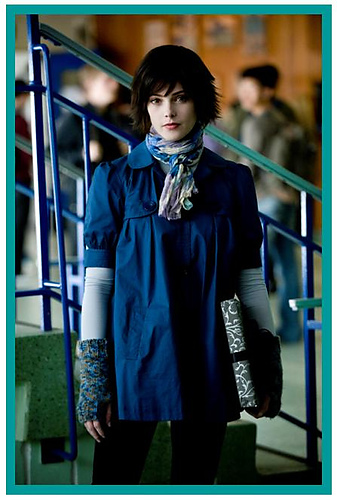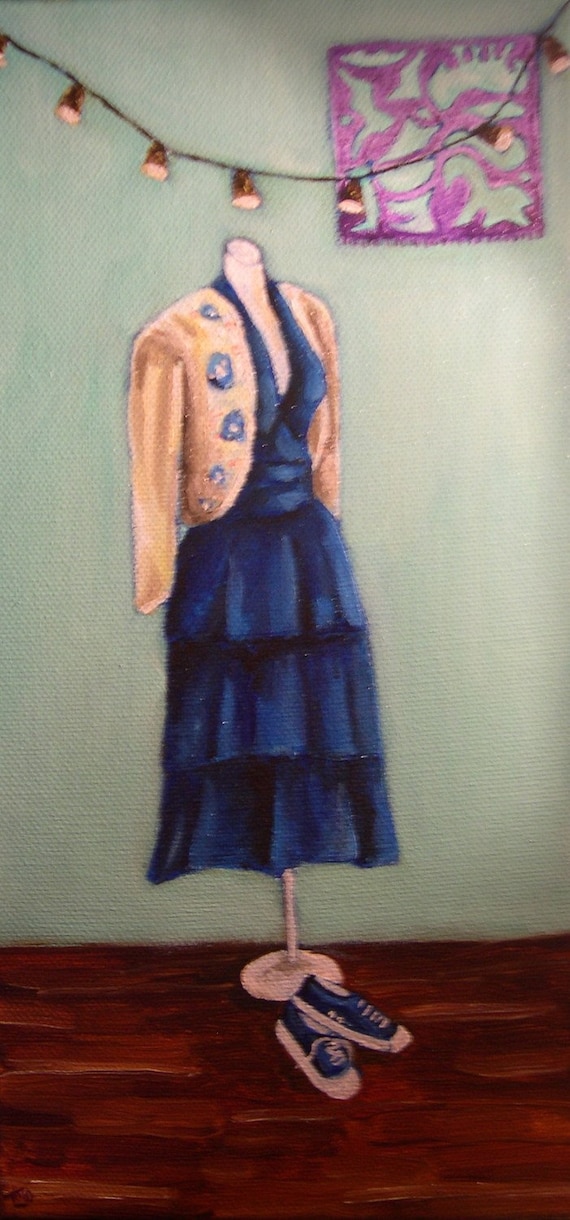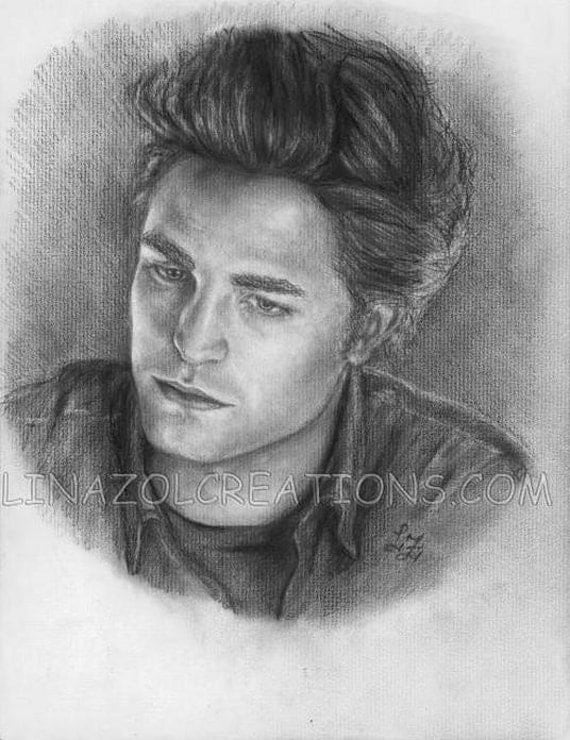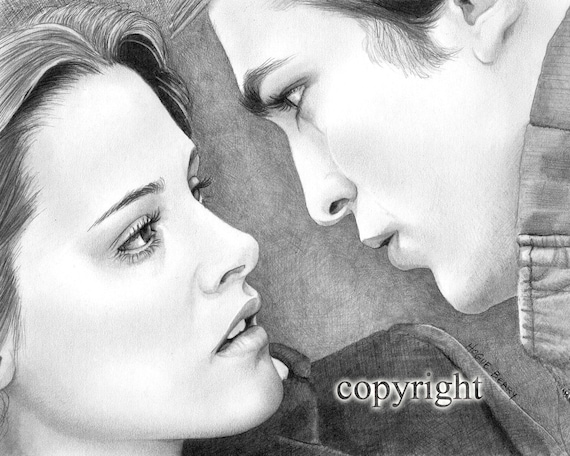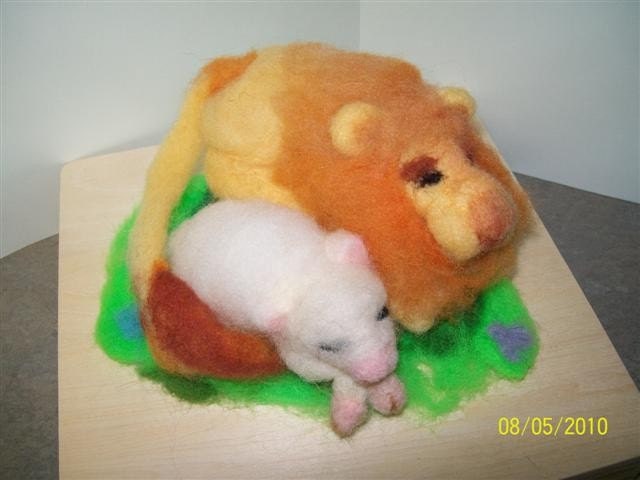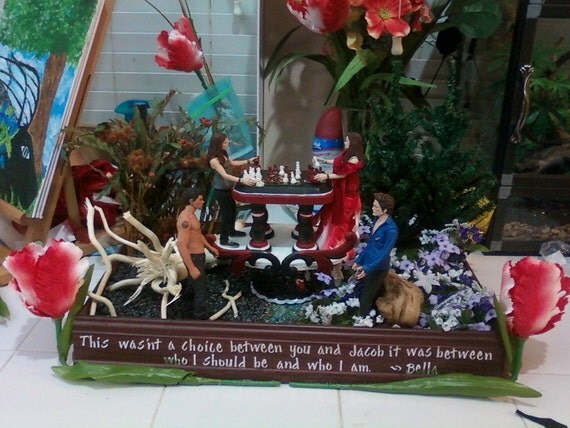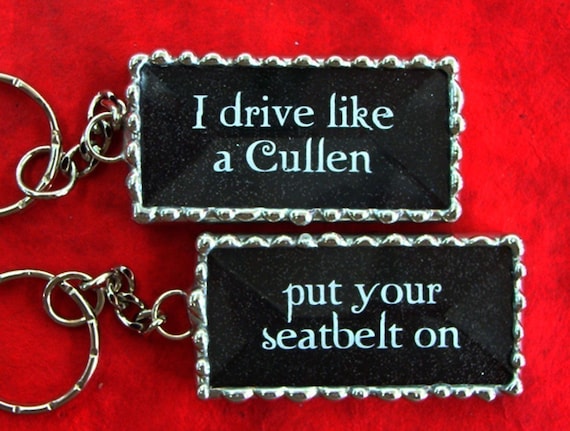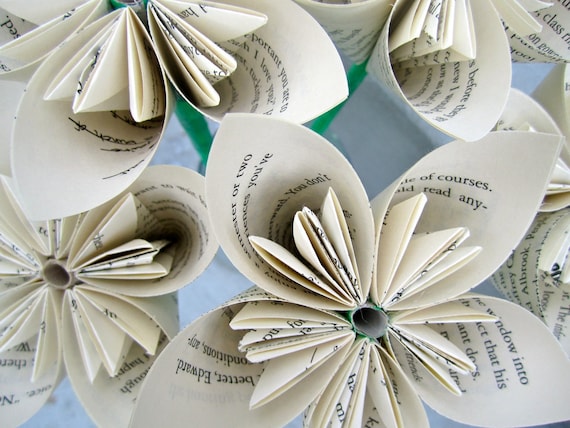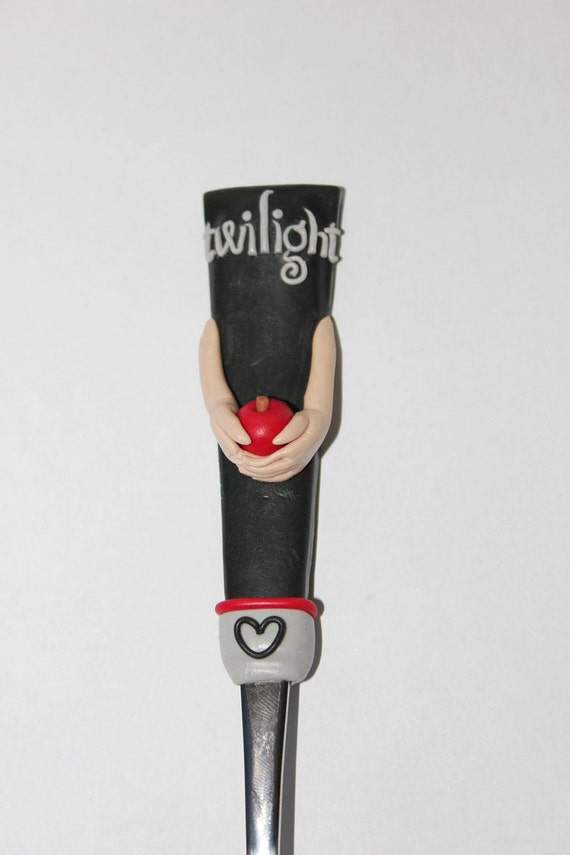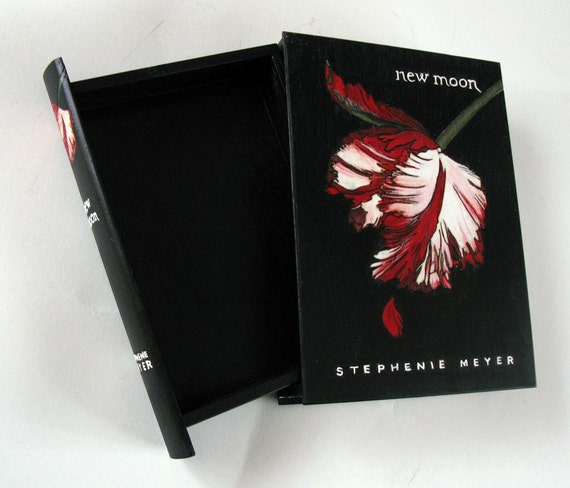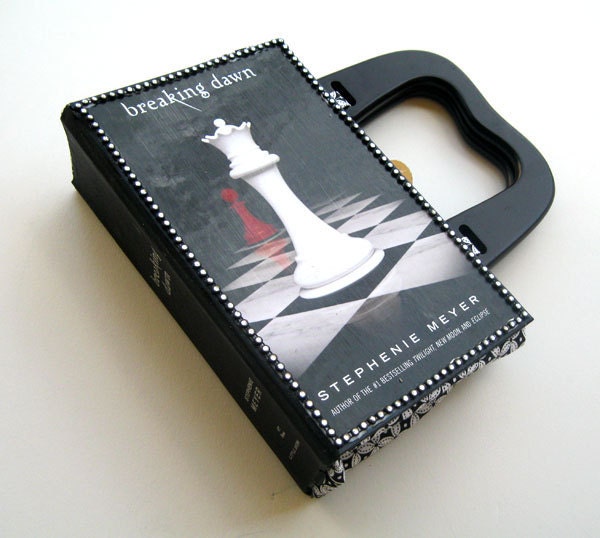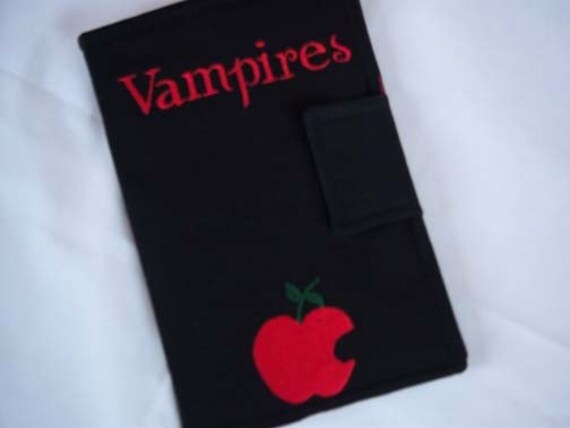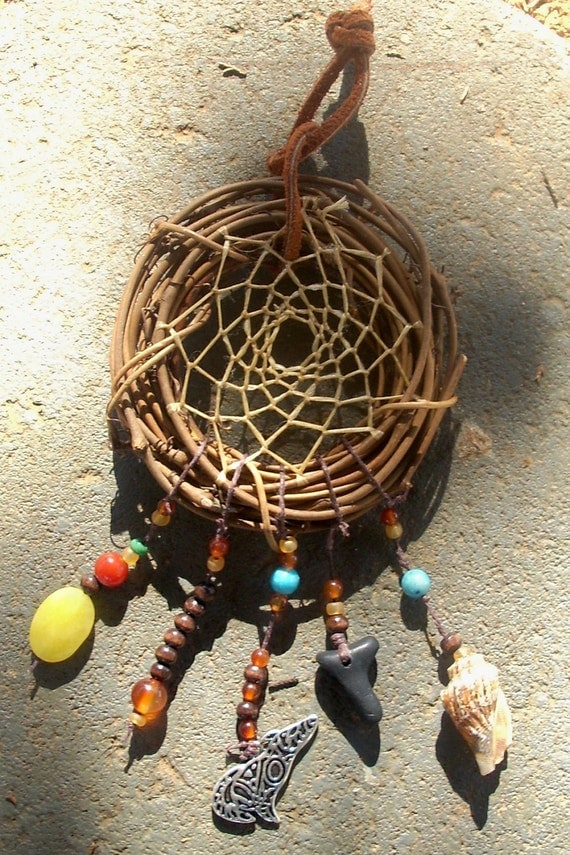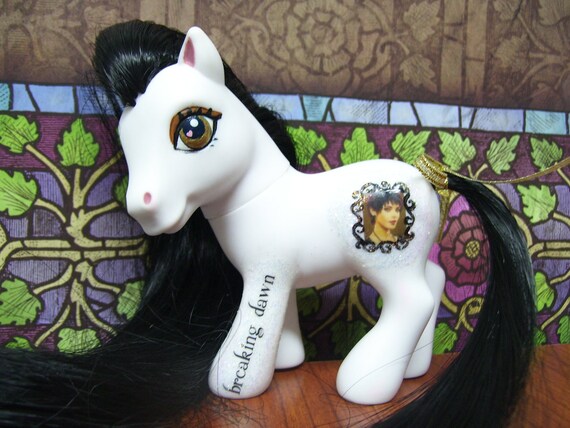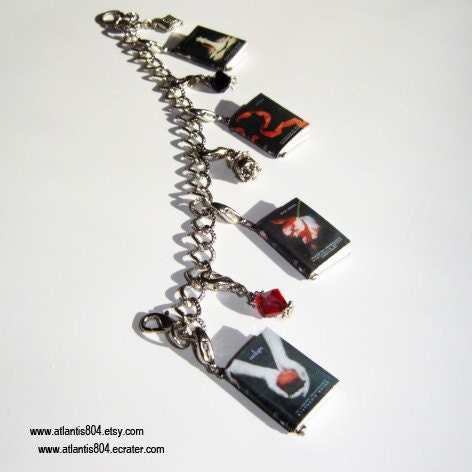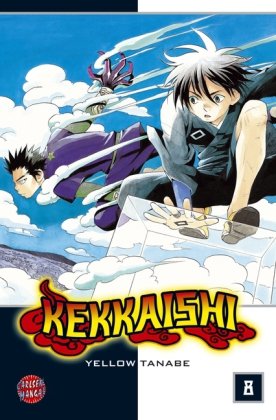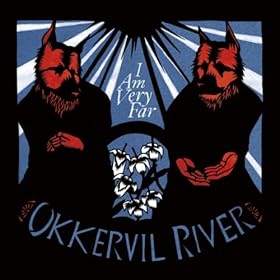Grab the Totally Twilight Button!

One of the most enjoyable parts of the Twilight culture for me has been Fan Fiction. A huge number of fan fiction stories have been written in the Twilight world. On
Fanfiction.net, probably the largest fan fiction website, there are almost 9,000 Twilight stories. Only Harry Potter has more. As you'd expect, the quality ranges from truly awful to arguably better than the original. A few stories mesh so well with the books that I forget to separate them from Stephenie's work.
Recommended Fan-Fiction
As fun as novel length, canon fan fiction is, there's something to be said for one-shots. You get to see a wide variety of events in the Twilight character's lives. LisaLovesCurry is my favorite one-shot author. She's extremely prolific, often producing multiple stories a week. They're quick little tales - usually about 1,500 words - and are always delightful. Her story
Eternity has 210 chapters! My favorite is
Chapter 70 (sequel to chapter 47).
My Fan-Fiction
I like writing short stories of Twilight fan-fiction. Everything I write is canon based. It helps further my Twilight obsession and I figure that it also helps develop my writing skills. See what you think!
Going Home
Edward POV, 1919 - about 6 months after his transformation
**I wrote this story over the past week. Since it's so new, it's not quite as cleaned up as some of my earlier stories. I really like it though, so I'm posting it anyway. Also, it's a bit longer than the stories I posted the last few weeks, but I think the length is necessary to the plot.
**A few background items. We learn from the Official Guide that Edward's father was emotionally distant, so I'm reflecting that here. I decided to set the story about 6 months after his transformation, because I figured it would take him several months before he had enough control to get near humans (assuming he had close neighbors). We know that Bella's control was an aberration. Also, since he's still relatively "new," his emotions are a bit more out of control than they would normally be (although he always has a tendency to overreact).
*Of course, Stephenie Meyer owns all things Twilight.
The brass key slid smoothly into the lock. The deadbolt clicked loudly when it switched to the unlocked position. I pulled the key out of the door and turned the knob. On the surface, it was no different from the thousands of times I’d opened the front door. But peel back one layer and nothing was the same. The key, for starters. The scent of metal and the noxious sour-sweet odor of varnish attacked my nose. I regretted the rigorous polishing I’d done earlier in the day in a fit of boredom. The irritating smell paled in comparison to the pain of the roaring fire in my throat. The last time I’d walked through this door a different pain in my throat was a sign of the influenza that would soon effectively kill me. Now the scorching heat was a sign of my newfound instinct to kill all my neighbors. How I wished tonight truly was no different from every other time I’d entered my home.
Growling quietly in irritation, I stepped into the entryway. I lifted my head and breathed in deeply, drinking in the scents of my home and my family. Even that made the venom pour into my mouth and my muscles tense. I closed my eyes and gritted my teeth. I would kill my parents if they were here. I opened my eyes and breathed in again, trying to ignore the pain. I wanted to be as familiar with my parents’ scents as I was Carlisle’s.
Carlisle stood outside the door, on the bottom porch step.
Do you mind if I come inside, Edward? I’d rather not be where anyone could see me if they wandered by. I’ll stay in the foyer while you look around, unless you need me for anything.
I nodded but didn’t turn around to look at him. I didn’t want to see the apprehension and pity on his face that I could already hear in his thoughts. Instead, I walked up the main staircase to the second floor hallway. My feet sank into the thick navy oriental carpet that ran the length of the hallway. Kneeling down, I traced my fingers along the thousands of footprints that were now plainly visible. My mother’s heeled boots left pointy divots all over the carpet. I couldn’t tell the difference between my footprints and those of my father until I noticed that the slightly smaller prints almost always walked toward his office. The imprints of my loafers went to my mother’s sitting room as often as my own room.
I averted my eyes as I passed my mother’s sitting room. I wasn’t ready to see that yet. I continued on past the doors for the bathroom and the guest room until I reached the last door on the left. My father’s office.
The six paneled door matched all our other doors, but somehow it still managed to look darker, more imposing. I turned the doorknob slowly and pushed the door open. The unlit room was as visible to me as it would be in the noonday sun. Memories trickled slowly into my mind as I stepped into the room. Some more clear than others. None of them happy. One particularly stood out. It occurred last May, only five months before my parents died.
********************************************
I stood alone in the hallway in front of the door to my father’s office. My hands were starting to sweat. I looked down and realized that they were outstretched in front of my chest, the fingers of my right hand curled and tapping so fast against my left hand that my palm was covered in crescent shaped marks from my fingernails. I clenched my fists together and then wiped my hands on my trousers. I took a few deep breaths, but my heart continued to pound.
You’re being ridiculous Edward, I thought. I was acting as though I was heading into an interrogation room. I certainly wasn’t going to cut it as a soldier if I couldn’t even face my own father. I pressed my fingers against my eyes, took another deep breath, and then knocked on the door.
“Come in,” my father called.
I opened the door slowly and stepped into the room. My father’s office was his haven. It was a fairly small room, only slightly larger than my bedroom, but felt much larger due to the high ceiling. The floor was the same dark hardwood as the rest of the house but most of it was covered by a striking red carpet. The color of power, my father liked to say. It set the atmosphere of the room. All four walls were lined with bookcases, stretching all the way up to the high windows set just below the ceiling. The bookcases were so full that I couldn’t even push my index finger between any of the books. There were shelves of law books: West reporters containing decades of cases all across the country, treatises by Blackstone, Bentham, Holmes, and more. An entire wall was covered with books about history, particularly British and Greek history. Another wall was lined with the great works of fiction and theater, with Shakespeare, Sophocles, and Homer receiving the most prestigious eye level berths.
Aside from the bookshelves the most prominent feature of the room was the massive, hand carved, mahogany desk. It was covered in papers, all carefully organized into stacks. One for each client matter. There were at least ten stacks spread across the workspace. All had an eerie reddish glow from the red and white Tiffany lamps sitting on both ends of the desk. My father sat tall behind the desk, looking through his spectacles at a thick book.
“Good evening, Junior,” said my father, setting his book down. “Come in. Sit down.” He gestured toward one of the two high-backed, leather covered chairs in front of the desk. I hesitated for a second before walking to the chair and sitting. As a child, I was strictly forbidden to enter my father’s office. When I was about seven years old, I snuck in one afternoon to look at the books. I heard my father’s voice coming down the hall as I was paging through my favorite - a book about the African veldt, with dozens of colorful drawings of lions, elephants, giraffes, and more - and ran to the space underneath the desk to hide, my heart pounding as the door creaked open, scarcely breathing lest I be heard. Father found me within minutes, since I shouted when he unknowingly kicked me in the stomach when he sat down at the desk. One of his clients was in the office with him so he laughed off my presence, but later he switched me so hard I could barely sit for days. Even when I had permission to enter, being in the office still made me nervous, as though a snake was waiting just out of sight, ready to strike.
“Good evening, Father,” I said stiffly. “How is your work going?”
He scowled. “The opposing party in a case I’m preparing for served a subpoena upon us today requesting that my client produce all the notes my associate took during his interviews with my client’s employees.”
“I thought all the work an attorney does for his client was supposed to be confidential.”
“Precisely.” Father nodded approvingly. “Privileged is the correct term, or work product doctrine in the case of items such as notes. The opposing party is arguing that we waived the privilege for various reasons. I am currently looking for legal authority to support my opposition to the subpoena.”
“That sounds...frustrating,” I said stupidly, not being able to think of anything better.
Father’s eyes shifted between his book and me impatiently. ““Is there something you need, Junior? I want to have a rough draft of this opposition finished tonight and I’ve barely started. I assume you did not come in here to discuss the vagaries of legal theory.”
I could already tell this was not going to end well. What I really should have done was tell my father that I just dropped by to say hello and quickly exited. But he wouldn’t have believed me and would have been angered both by the lie and by his wasted time. So I stuck to the original plan, however ill fated it was.
A large knot developed in my throat. I swallowed uncomfortably and fixed my eyes on the curved edge of the desk. “The last baseball game of the season is tomorrow, Father. We’re not particularly good, but we’ve held our own.” Not particularly good was an understatement if there ever was one. We were second to last in our high school division, a ranking of which we were proud, given the alternative. I did all right. I could catch almost any ball thrown my way in the outfield and stole more bases than anyone else on the team, but let’s just say, batting was not my forte.
I swallowed again, the knot rising higher. “I was hoping you could come and watch me play.” My voice came close to an embarrassing squeak at the end. I looked up to see Father running his finger along a line of text in his book and jotting down notes. He wrote several sentences in slow, careful script, seemingly forgetting that I was there. Had he even heard me?
Just when I was going to repeat myself, Father set the book down and sighed, an angry gust of air. “Baseball, Edward? You’re still playing that game?” Well, yes. What did he think I’d been doing every afternoon and many evenings for the past three months?
Father fixed me with a piercing stare. I resisted the urge to sink lower in my chair or to run out of the room. “Junior, you’re almost seventeen years old. You have one year left of high school. Are you going to waste it with such frivolities as baseball? Harvard is not going to admit you on the basis of your batting average.”
Harvard, Harvard, Harvard. Scarcely a conversation went by without some mention of the venerable Harvard. Sometimes I wondered whether he was on their payroll. I had nothing against the college, but it seemed like treason to laze away my time at school when thousands of boys my age were dying in the trenches in Europe. But Father would hear nothing of it. Neither would Mother, but at least her opposition was based on fear for my safety. Father simply thought fighting was beneath my station - my destiny as a future attorney.
I tried in vain to wage a defense, however slight. “I’m not neglecting my studies, Father. I’m near the top of my class in every subject. I even won the History Department award for my paper on the Battle of Waterloo.”
“
Near the top of your class?” Father said in a flat, withering tone. “Perhaps if you spent less time on these childish pursuits and more time with your schoolbooks then you would be at the top of your class, not
among them.” He clapped his hands together, a piercing noise in the otherwise silent room. My heart skipped a beat in surprise.
“I don’t want to hear anything more about baseball.” He spat the word out as if it left a bad taste in his mouth. “Now, if you will, go back to your room and study and allow me to finish my work.” With that, he shifted in his chair and leaned over his book. It was as obvious a dismissal as a door slammed in the face. I stood up and left the room without a goodbye, since one was clearly not wanted.
********************************************
It was always like that. All he cared about was work. The next deposition, the next oral argument, the next brief, the next cross-examination. My mother used to tease my father that the law was a harsh mistress. Sometimes, I don’t think she was joking.
I walked behind the desk and sat down at his chair. The desk was empty of the formerly ever present files and stacks of paper. One of the partners in his firm had likely removed all the client documents. All that remained was the Wedgewood fountain pen that my mother gave him for their tenth anniversary atop a blank notepad. I lifted the pen to my nose. His scent overwhelmed the pen’s metallic and ink odors. His pen was his wife. His notepad, files, and books were his children.
I looked across the desk at the chairs and imagined the shadow of myself sitting there. What did my father see from this angle? A nervous seventeen year old boy who longed to have his father watch him play ball? I laughed once, sharp and bitter. Certainly not. He saw a bother. A child who should be seen and not heard. Or ideally, not seen either. On the occasions when he deigned to acknowledge my presence, his only concerns were that I fulfilled his goals for my life. The right grades, the right friends, the right university, the right career. I was as much a status symbol as his Cadillac.
What a contrast from the man huddled in the foyer downstairs. In six months, I’d learned a million times more about Carlisle than I learned about my father in seventeen years. And even though I hardly spoke, Carlisle understood nearly every facet of my personality, every interest, every fear. Work eclipsed Father’s life. Carlisle’s world revolved around me. Despite his love for medicine, his work resided on an outer ring of his universe. His family, small as it was, always took priority. How ironic that people would consider Carlisle the monster if they knew what he was.
Restless, I pushed up out of the chair and walked over to the shelves of legal texts. I ran my fingers along the embossed lettering of the spines until I pulled out Blackstone’s
Legal Commentaries. Blackstone, the English scholar, whom Father quoted so frequently that I felt as if I knew him, despite the fact that he died several hundred years before I was born. Father thumbed through the book so often that the remnants of the oil left from his fingers stained most of the pages.
What if my father had lived and I did exactly as he wanted? Would Harvard be enough? Would he sit in the bleachers at my intramural baseball games? Surely not. After all, Harvard College is only a stepping stone to Harvard Law School. No time for playing. What about law school? Would we sit chummily in his office debating about the most recent Supreme Court decision? Would he clap me on the back when my article was published in the Harvard Law Review? No. My opinions would be inferior and my article would be poorly written.
Nothing was ever good enough. I slammed my hand down on the book, nearly severing the spine. To my surprise, the fountain pen was crushed between my hand and Blackstone. I hadn’t realized I was still holding it. Black ink gushed onto my hand, soaking through the pages of the book. Something snapped inside me as I watched the ink flow down my wrist like blood. The anger and sadness that had been building with every step I took in the office erupted into a wild boil.
I dropped the book, drew my arm back, and threw the remnants of the pen as hard as I could. Black ink splattered across the room and the tip of the fountain pen struck the leather of Father’s desk chair with a loud
Thwack, sticking out like a dart.
I looked around wildly and grabbed a colorful handblown glass paperweight , a gift from a grateful client, off the small table set between the two chairs in front of the desk. I vaguely remembered that he used to keep a dull green clay snake I made in primary school on that table. Of course a client’s gift would replace mine. I threw the glass paperweight at one of the Tiffany lamps. The room erupted in minuscule shards of glass, red and white from the lamp and the entire rainbow from the sphere. They covered the desk, the chairs, the floor, my clothes, even my eyebrows.
I picked Blackstone back up off the floor and pretended not to hear Carlisle flying up the stairs as I ripped the spine in half. Carlisle burst into the room just as I tore a hundred pages from the book and tossed them upward - legal confetti.
Carlisle flung his arms around me, pinioning mine to my sides. “Stop, Edward! Please stop!” I growled and hissed and strained against his arms. I was only beginning. The ruins of my father’s life were strewn across the room, but it wasn’t enough. I wanted to destroy all of it. I was still much stronger than Carlisle and I knew his arms were throbbing with pain trying to hold me back. I was almost free. Keeping his mind focused only on my fury strewn face, he surprised me by kicking my knees in, causing both of us to fall to the ground with a tremendous crash.
“Listen to me, Edward,” he said firmly in my ear, lying on top of me and pushing his elbows in my back to keep me on the ground. “You do not want to destroy your father’s things. It may make you feel better right now, but I guarantee that you’ll regret it later.”
“No, I won’t,” I hissed back, petulantly. My childish response shamed me enough that I stopped fighting and instead lay on ground with my eyes closed, breathing harshly. Carlisle sensed the change and gradually lifted his arms from me, staying close enough that he could restrain me in an instant if I tried to get up.
“I think you will,” he said quietly. “Your memories of your parents will fade. Eventually, their belongings will be all you’ll have left of them.” An outline of his father appeared in Carlisle’s mind. The facial featured were so blurred and cloudy that they were unidentifiable. Only a shadow remained.
I slowly lifted myself onto my elbows and then onto my knees. Carlisle quickly grabbed my shoulders to keep me from moving further. I shook him off. “I’m fine,” I muttered.
Kneeling on the floor, I picked up a stained page of Blackstone. “I'd be happy if I never saw anything in this room ever again” I asked, gesturing around the room. “
This was my competition. The law always came first. The law was always better than me.”
I glared at Carlisle, daring him to make the obvious reponse: Don’t be ridiculous, Edward. Of course your father loved you more than his work. He just didn’t know how to show it. But of course Carlisle knew better.
“What will destroying them accomplish? It won’t bring your father back. It won’t change the choices he made during his life. I understand what it’s like to always be overshadowed.” A clear image of his father’s cross and the family Bible, the only items Carlisle owned that his father once touched, appeared in his mind. Carlisle was always less important than the Church to his father. Yet he treasured these heirlooms rather than resenting them. For all intents and purposes, they were his father now. “In a hundred years, would you rather remember the man your father was or the man you wished he had been?”
I shrugged and started gathering the pages strewn about the floor. Carlisle leaned down to help, but I shook my head. “No. I’ll do it.” I stacked the pages together in a pile and walked over to the trash bin behind the desk. I looked at the destroyed book in my hands. I still hated Blackstone and all he represented. All the lost opportunities. But now that the book my father loved so much was obliterated, it was like he had died again.
I sank into the desk chair and lay my head against the desk, still clutching the sheets of paper. I clenched my teeth together, but my chin started quivering in spite of myself. “I just killed Father’s prized possession. I just killed...him. You’re right. This is all that’s left.”
Carlisle walked over and stood next to me, putting a hand on my shoulder.
Everyone does things they regret when they’re angry, Edward. Your father, unfortunately, gave you a lot of reasons to be angry.
“He’d hate me if he could see what I just did.”
He wouldn’t understand. But I do understand. And I don’t blame you. He loosened the stack of paper in my hand and shuffled through them until he found a page stained equally by black ink and my father’s fingerprints. He set the page in front of me.
Here. Hold onto this. I’ll throw the rest away.
“Why would I want to keep that?” I asked, pointing to the evidence of my temper tantrum.
The consequences of a man’s flaws are as much a part of him as his shining achievements. I think this page reflects your father better now than it did before. I nodded vaguely and took the page from him. The ink was still slightly damp. I pressed my thumb onto the page where most of the ink had accumulated and then pressed my ink covered thumb on the upper right hand corner, next to a clear imprint of my father’s thumb. Father and son together.
“I think,” I said, standing slowly, staring at the page of Blackstone, “that I’ve seen all that I can handle tonight. Let’s go...home.”
What do you think? If you like it, let me know. If you think it sucks big time, I appreciate lying too. :-)
